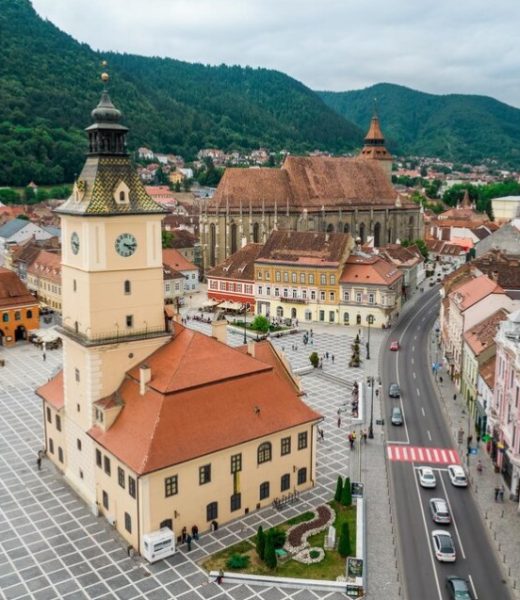

Croatia work permit visa guide
If you're considering moving to Croatia for work, you'll need to understand the specific requirements for obtaining a work permit and visa. Here's a general guide to help you navigate the process:
Determine the Type of Visa or Permit You Need
Croatia offers different types of work permits and visas depending on your nationality and the type of work you plan to do:
- For Non-EU/EEA Citizens: If you're from a country outside the EU/EEA, you'll typically need both a work permit and a residence visa to work in Croatia.
- For EU/EEA Citizens: Citizens of EU/EEA countries do not need a work permit to work in Croatia. However, you may need to register your residence if you plan to stay longer than three months.
- For Non-EU/EEA Citizens: If you're from a country outside the EU/EEA, you'll typically need both a work permit and a residence visa to work in Croatia.
- For EU/EEA Citizens: Citizens of EU/EEA countries do not need a work permit to work in Croatia. However, you may need to register your residence if you plan to stay longer than three months.
Work Permit Application Process (for Non-EU Citizens)
There are several categories for work permits in Croatia, including permits for highly skilled workers, seasonal workers, and those seeking employment in areas with a labor shortage. The steps are as follows:
Step 1: Job Offer
You need to secure a job offer from a Croatian employer before you can apply for a work permit. Your employer must prove that they were unable to find a suitable candidate within the Croatian or EU labor market.
Step 2: Employer Submits a Request for a Work Permit
Your employer must apply for the work permit on your behalf at the Croatian Employment Service (HZZ). The application includes submitting your job contract, proof of the labor market test (if applicable), and other documentation about the position.
Step 3: Approval from Croatian Employment Service (HZZ)
The HZZ evaluates whether there are qualified workers within the EU/EEA available for the job. If not, they will issue a work permit for a non-EU citizen.
Step 4: Apply for a Visa (if needed)
- If you're a non-EU citizen and require a visa to enter Croatia, you must apply for a national visa at the Croatian embassy or consulate in your home country.
- In the application, you'll need to provide documents such as the work permit, proof of accommodation, financial means, and health insurance.
Step 5: Residence Permit
- Once you arrive in Croatia, you must apply for a residence permit for work purposes at the
Ministry of the Interior. This must be done within 30 days of arrival.
Types of Work Permits
Croatia issues several types of work permits, including:
- Single Work Permit: For long-term stays, this combines a residence and work permit into
- Seasonal Work Permit: For those employed in tourism, agriculture, or other seasonal industries. These permits are usually valid for up to 90 days.
- Highly Skilled Worker Permit: For people with specific skills that are in demand in Croatia (e.g., IT professionals, doctors). This permit allows for longer
- Blue Card: This is a work permit for highly skilled non-EU workers, similar to the EU Blue Card, which allows the holder to work in Croatia and other EU member states.

Visa and Permit Fees
- Work permit fees vary depending on the type of permit and your country of origin. On average, fees range from €50 to €200.
- Residence permit fees are typically around €100 to €150.
- Residence permit fees are typically around €100 to €150.
Important Documentation
- Valid passport or ID
- Proof of accommodation in Croatia (rental contract, hotel booking).
- Employment contract or letter of offer from the Croatian
- Proof of sufficient financial means to support yourself during your
- Proof of health insurance for the duration of your
- Criminal background check from your home country (may be required).

Rights and Work Conditions
- Once you obtain a work permit and residence permit, you'll be allowed to work legally in Croatia.
- The work permit is generally tied to the specific employer and position. If you change jobs, you'll need to apply for a new work permit.
- Your employer must comply with Croatian labor laws, including salary, work hours, and benefits.
- The work permit is generally tied to the specific employer and position. If you change jobs, you'll need to apply for a new work permit.
- Your employer must comply with Croatian labor laws, including salary, work hours, and benefits.
Extension and Permanent Residency
- If you're on a temporary work permit, you may apply for an extension if your employment continues beyond the permit's validity.
- After five years of legal residence in Croatia, you may be eligible to apply for permanent residency.
- After five years of legal residence in Croatia, you may be eligible to apply for permanent residency.

Post-Arrival Procedures
- Once in Croatia, you must register your residence with the local police within 48 hours of arrival (if you're staying for more than 90 days).
- It's also important to open a Croatian bank account and obtain Croatian health insurance if you are not covered through your employer.
- It's also important to open a Croatian bank account and obtain Croatian health insurance if you are not covered through your employer.
Conclusion
Moving to Croatia for work involves several steps, especially for non-EU citizens, but it is a process that can be streamlined with proper preparation. Be sure to check for updates on requirements and fees, as immigration rules may change. If in doubt, consulting with a legal expert or immigration lawyer can be helpful to ensure all paperwork is in order.
